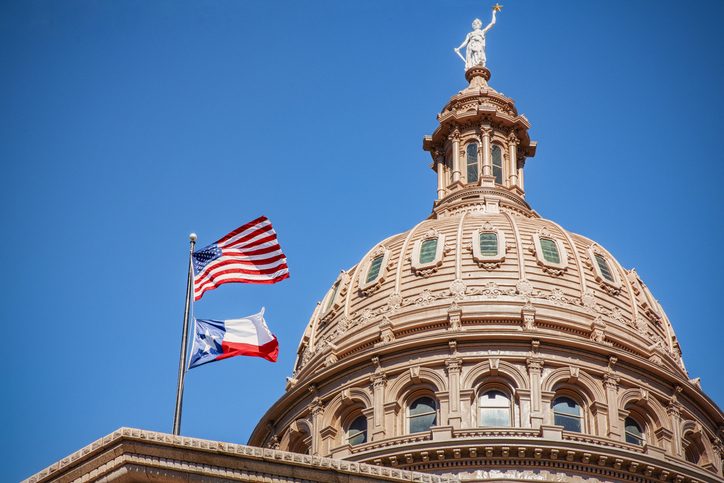
Source: Art Wager / Getty
2020 is only a few hours away and with that, a bunch of new laws in Texas are set to go into effect. These new laws couple with the ones that just went into effect back in September so here’s a cheat sheet as to what is now legal and illegal in the state.
BINGO FEES:
HB 914 officially changes the prize fees for bingo. A licensed authorized organization no longer has to collect a fee from a person who wins a non-cash prize valued at more than $5. However, if a person wins at least $5 CASH as a bingo prize, they must pay a fee of 5% of the prize amount. The licensed authorized organization that collects the prize fee must give half of the fees collected to the Texas Lottery Commission. For more information click here.
SEXUAL HARRASSMENT AT COLLEGES, UNIVERSITIES:
SB 212 amends the Texas Education Code to require an employee of a public or private, or independent higher education who witnesses or receives information regarding incidents of sexual harassment, sexual assault, dating violence or stalking to report what they saw. Following Title IX rules, a Class B misdemeanor offense will be levied against a person who is required to make a report of an incident but knowingly fails to do so.
The crime also is for a person with the intent to harm or deceive, knowingly making a false report. It is elevated to a Class A misdemeanor if it is shown that the actor intended to conceal the incident that’s required to be reported. Any employee who commits sexual harassment, sexual assault, dating violence or stalking will be terminated from the institution immediately. For more information, including victim identity protection, click here.
NATURAL DISASTERS & TAXES:
HB 492 deals with a now amended portion of the constitution authorizing legislatures to provide a temporary exemption from ad valorem taxation of a portion of the appraised value of certain property damaged by a disaster. The new levels are as follows:
Level I: At least 15 percent but less than 30 percent damaged (exemption before proration of 15 percent);
Level II: At least 30 percent but less than 60 percent damaged (exemption before proration of 30 percent);
Level III: At least 60 percent damaged but less than a total loss (exemption before proration of 60 percent); or
Level IV: The property is a total loss (exemption before proration of 100 percent).
Each municipality has 60 days from the date of the governor’s disaster declaration to adopt the exemption. For more info, click here.
FLOODS & THE RAINY DAY FUND:
SB 7 moved $1.7 billion from the state’s rainy day fund to the Texas Water Code, establishing the Flood Infrastructure Fund (FIF) and the Texas Infatrstructure Resiliency Fund (TIRF). The FIF assists in the financings of drainage, flood control, and flood mitigation projects and the TIRF is a special fund in the state treasury outside of the general fund and overseas four sub-accounts. There’s also an account specifically dedicated to Hurricane Harvey, Flood Plan Implementation and Federal Matching. Best of all, it prioritizes financial assistance for counties where the median household income is less than 85% of the state’s median household income. For more information, click here.
MEDICAL BILLS:
SB 1264 protects consumers who have state-regulated health plans from surprise medical bills in certain situations, beginning with bills for medical services received on or after January 1, 2020. Click here to read the full breakdown of the new law.
Texas Laws That Go Into Effect Starting January 1, 2010 was originally published on myhoustonmajic.com















